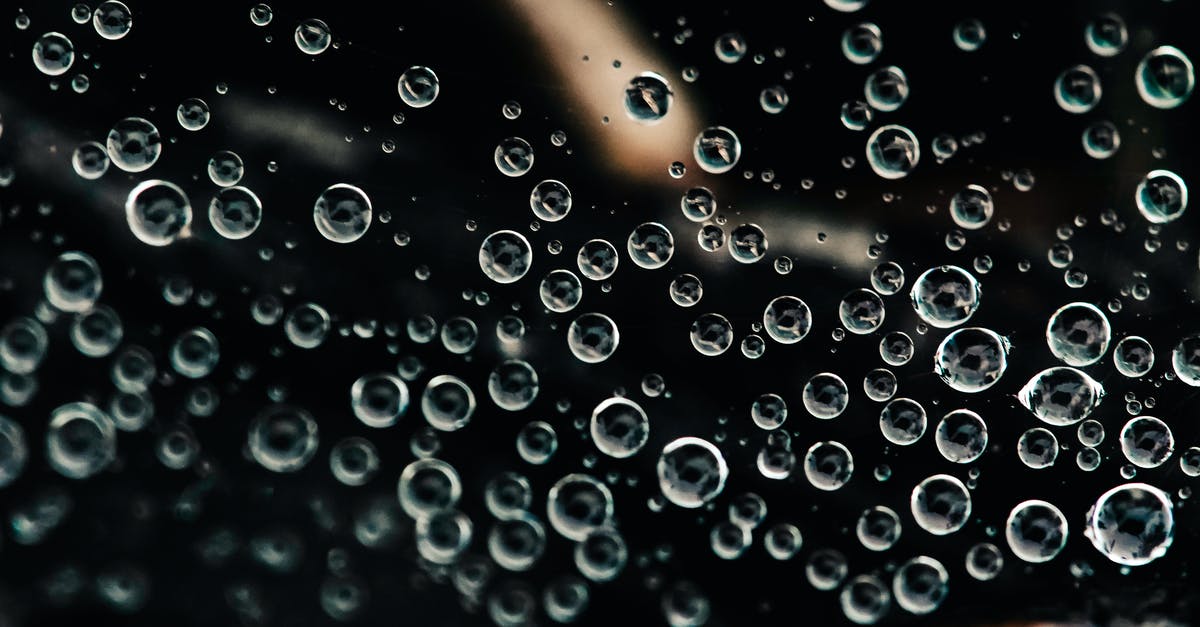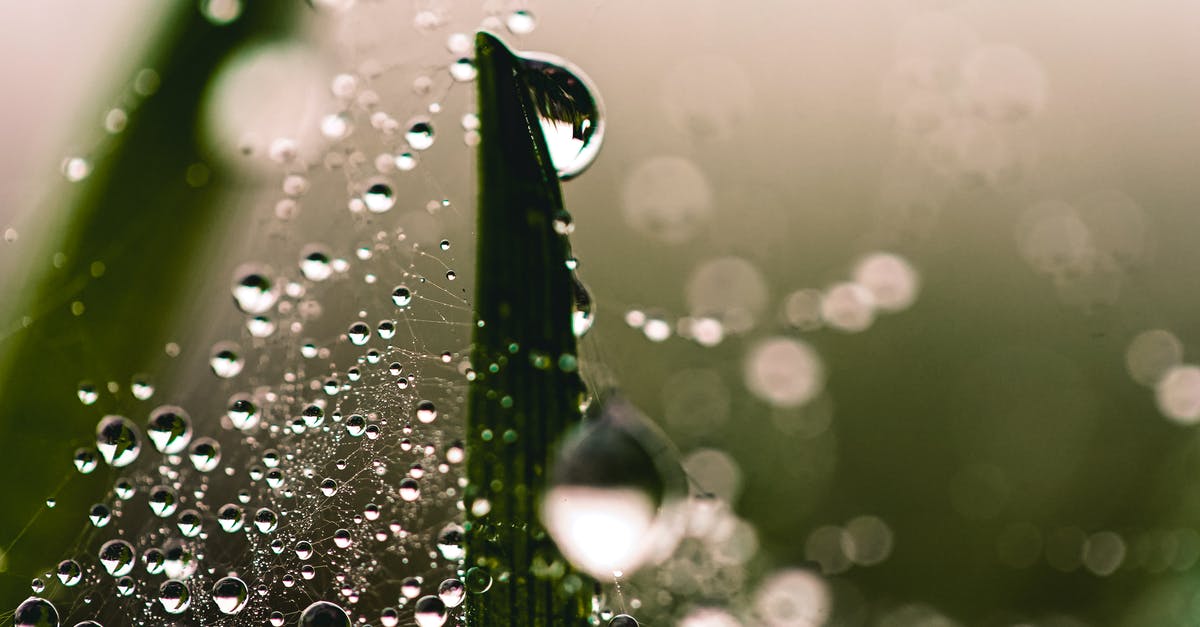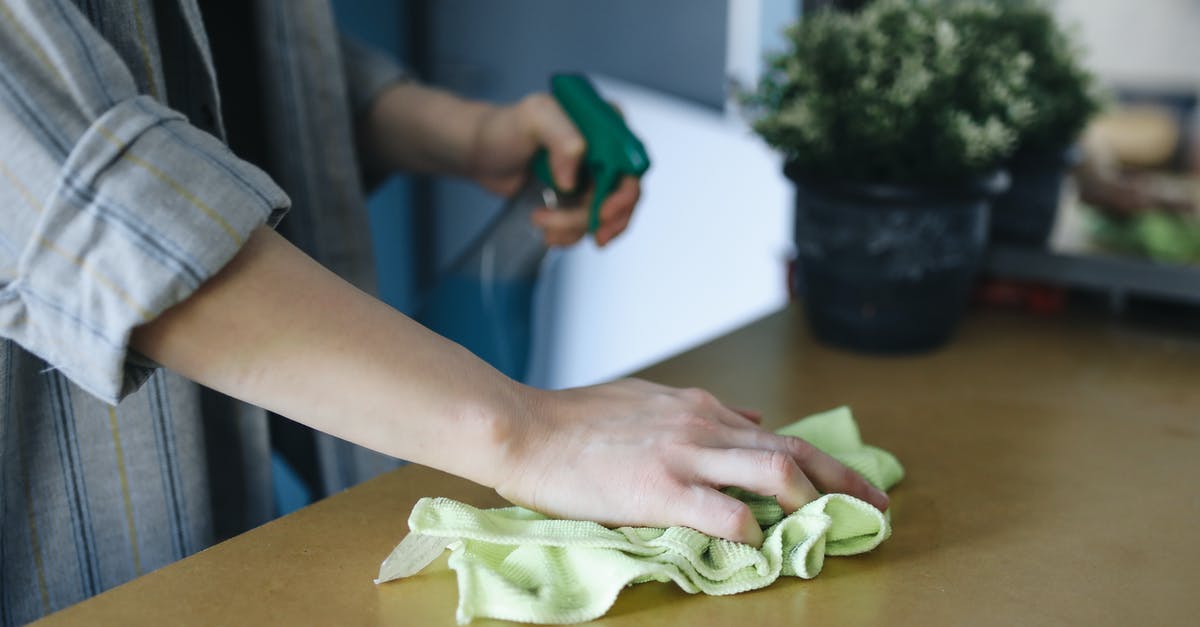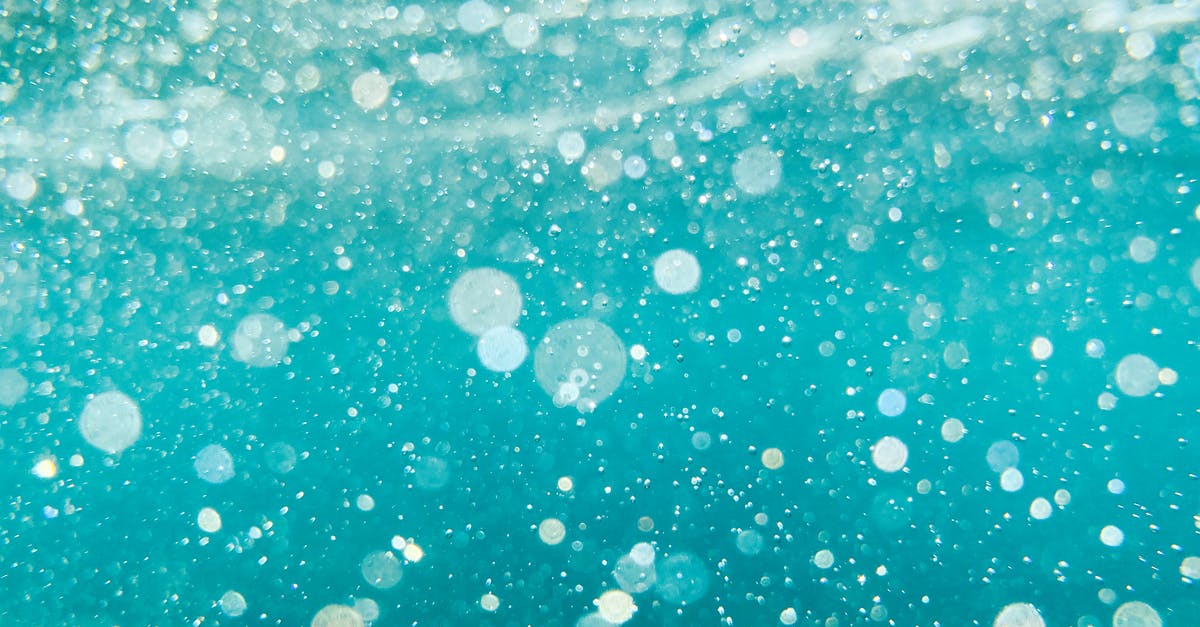How to clean up after a grease fire?

So I was about to sear some steaks in my trusty cast iron skillet tonight, when upon pouring a couple tablespoons of avocado oil, it burst into flames. Having read about how to put out grease fires, I covered the pan with a lid and turned off the electric burner, extinguishing the flame, and transfered the skillet to the garage (the door is 3 ft from the stove) to minimize the amount of smoke in the house.
Even though this all happened well within a minute, the smoke alarm went off, and the two wood cabinets above the stove turned grey from the smoke. So my question is twofold:
How should I clean the cast iron after such a fire? It's got some sticky residue on it (burnt oil?), but otherwise seems fine.
How do I clean the soot (?) off of those cabinets? I tried using a little vinegar and some elbow grease, but basically nothing happened.
Best Answer
This is no big deal. Small grease fires happen constantly in commercial kitchens. Ever see a big flame coming from a wok at a good Chinese restaurant? That's probably an oil flare up, not alcohol, and is one of the things that gives a well-made stir-fry its trademark smokey flavor. Most of the time, in between uses, commercial woks just get cleaned out with some water and a stiff bristled brush.
As far as your cast iron goes, unless you let it burn for a while, you should be able to clean it the way you normally would. Give it a good wipe with a dry towel after to get any black bits out so they don't stick to your next meal. People way over think the care of cast iron pans.
As far as your cabinets are concerned, if it is actually soot and not temperature damage to the material, you just need a basic degreaser. Most kitchen/all-purpose cleaners are degreasers. This one is my favorite for non-food-contact surfaces, such as cabinets, if you're interested. For slight graying from a bit of burnt oil, a good quality glass cleaner would probably do the trick with minimal effort. If you end up needing something beefier, check your local grocery store for Lestoil. I have never, ever encountered a greasy soot will stand up to that stuff. It's rarely my first choice, however, because it's got a very strong, distinct, (though not entirely unpleasant) odor. If for some reason, you've got the world's worst grease stain and absolutely nothing else is working, and you'll have to replace the surface if you can't get something to remove it, lye will get rid of it. Lye is also extremely toxic, gives nasty chemical burns on contact and in my opinion should only be used as a last resort. You can buy pure lye, or spray on lye-containing mixtures in the form of oven cleaner. Note: this has a much higher chance of totally destroying the surface you're attempting to clean than any other method. (as an aside, lye is a great way of stripping old crap off of cast iron pans)
Pictures about "How to clean up after a grease fire?"



How do you get grease smoke off walls?
Directions for Removing Smoke Stains from WallsWhat is the quickest way to put out a grease fire?
If a grease fire starts: Turn off the heat source. If it's small and manageable, pour baking soda or salt on it to smother the fire. As a last resort, spray the fire with a Class B dry chemical fire extinguisher. Do not try to extinguish the fire with water.What do you do with a pan after a grease fire?
Always avoid splashing burning grease by moving the pan or using water. This can keep the fire from spreading. Use a metal lid or cookie sheet to seal off air, or extinguish the fire with salt or baking soda.How To Clean Up A Grease Fire / Cleaning Vlog #5
More answers regarding how to clean up after a grease fire?
Answer 2
Why not use dish soap? It's a degreaser. That's what you want. Oil and vinegar don't mix well (meaning the vinegar won't lift the oil). Even another oil like Murphy's or Pine-sol is better for your cabinets.
Wow, first line on Wikipedia about Pine-sol: Pine-Sol is a registered trade name of Clorox for a line of household cleaning products, used to clean grease and heavy soil stains.
Another thing, I think the "never use soap" thing about cast iron has been thoroughly debunked.http://www.seriouseats.com/2014/11/the-truth-about-cast-iron.html is a really good place to start. Just don't let it soak in soapy water for a long time. Scrape out the gook into the garbage and wash the pan with soap and water.
Then try it on stove. You may not have to re-season your pan, or just minimally be heating to get all the water out and giving it a little wipe down (all over the pan) with an unsaturated fat. If it doesn't feel right, wipe with oil, put it in hot oven for a while, try again.
Answer 3
If neither vinegar nor elbow grease is affecting the "soot" on the cabinets, it sounds like it is more than just soot, but maybe soot + sticky oil residue. Try an ammonia solution. Ammonia works on my sticky grease kitchen residue pretty well. If it seems to help at all, try increasing concentrations (maybe testing first on inconspicuous parts of your cabinet in case it removes paint or something), until you get a strength that works for you.
As for the frying pan, heat it up until that gross sooty grease-gel melts a little, then wipe it out with a paper towel. Repeat with more paper towels until the easily-removed gunk starts to get pretty sparse on the paper towels. Then start adding fresh oil and rubbing it around with more paper towels in the warm pan. The fresh oil and heat ought to help dissolve that "jellied" oil and you can remove even more of the gunk. Pretty soon I think it should get to a point where it is just "dirty" instead of horrendous.
Answer 4
I tried everything on my latex painted ceiling and walls for grease fire smoke, the magic thing that worked the best was a regular white eraser. I think it’s a hi polymer. It took off all the soot except where I had tried washing the soot off with various chemicals. It’s a lot of work and I need to find a bigger eraser. I would try using wet cleaning only as a last resort, because if whatever you’re using doesn’t work, it will be permanently stained. Test a small inconspicuous area with any wet cleaner. Those are the areas I will I have to repaint.
Sources: Stack Exchange - This article follows the attribution requirements of Stack Exchange and is licensed under CC BY-SA 3.0.
Images: Spencer Selover, Spencer Selover, Polina Tankilevitch, Jess Loiterton
